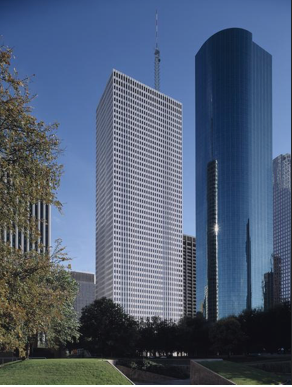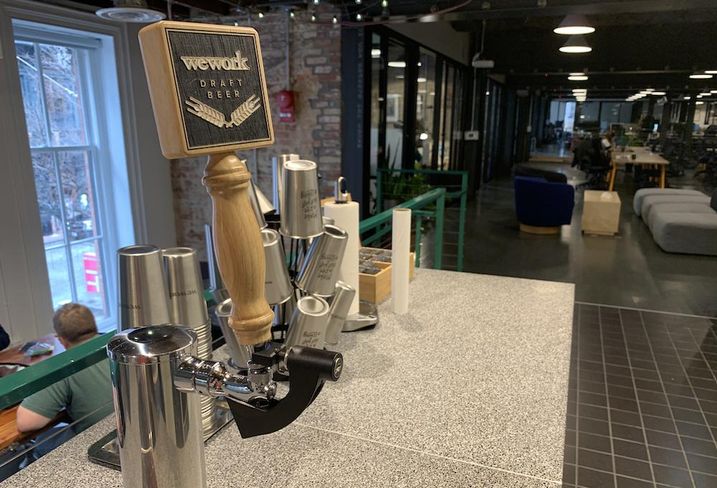“Although there are a few exceptions, the real estate market in Houston is headed for another good year,” said Mark Sikes, a principal with Deal Sikes. “The region’s economy is healthy and although the energy industry is in a lackluster period, the overall economic outlook is outstanding.”
Houston’s industrial market is attracting interest from around the nation and research indicates that more than 15 million square feet of warehouse space are under construction in the Greater Houston area.
“Prices for land or urban infill development property has risen significantly in recent years,” Sikes said. “Rising land prices have pushed the wave of industrial development farther away from the center of the city and outer suburban land prices have increased accordingly.”
Property values in the urban core of the city remain strong as developers and builders locate buildings for redevelopment or seek sites that are appropriate for new construction, Sikes said.
“Multifamily construction is strong in Houston and researchers report more than 25,000 units are now under construction, although the pace is expected to be slightly more moderate in 2020 as the new inventory is absorbed,” Sikes said. “Investor demand is good and multifamily valuations have not yet peaked in most submarkets.”
Newer office buildings and Class A towers under construction are leasing briskly, although Houston’s office market is the most sluggish sector.
The Texas Medical Center, where more than 100,000 people are employed, is a source of growth for Houston and several hospitals and research facilities are expanding.
“Houston’s commercial real estate values will be on a solid upswing in 2019,” said Matthew Deal, a principal with Deal Sikes. “With Houston expected to gain population significantly in the next decade, the long-term forecast must include rising property prices that will be very impressive over the long haul.”




